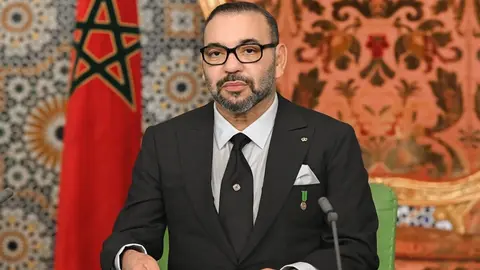Collaboration between Morocco and Spain in security communication training
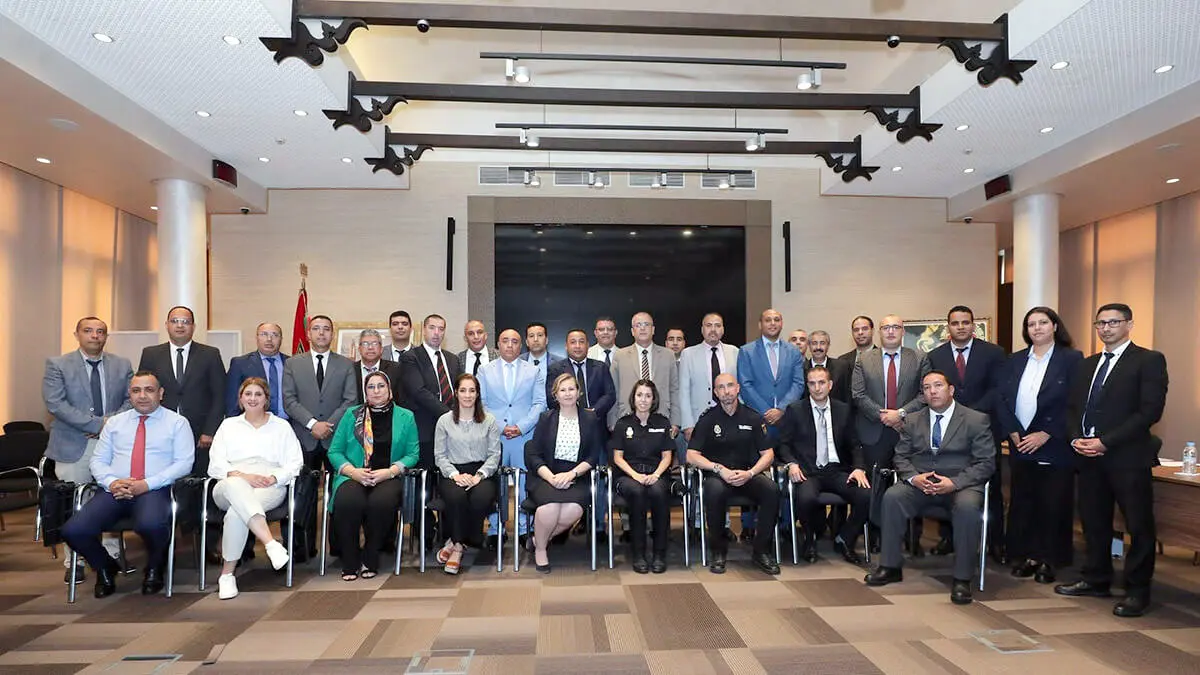
Given by the Moroccan National Directorate of Security, the highest Moroccan security institution carried out a training course "on communication and security techniques" in collaboration with the Spanish Police.
The aim of the course is to improve the skills and competencies of those responsible for communications security in Morocco by providing them with the latest techniques and technologies used in the critical sector. The initiative seeks to exchange experiences and best practices between the Moroccan and Spanish sides in security communications.
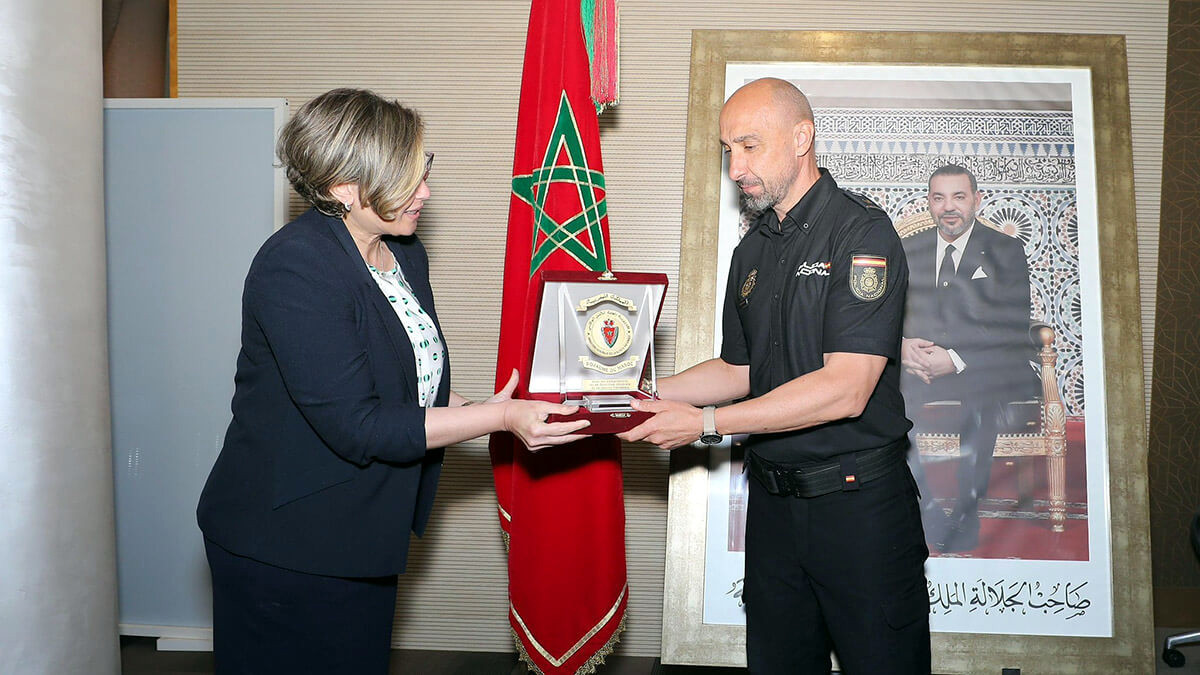
The training covered key topics such as effective security communication strategies, crisis communication management, use of social media in security communication and security press release writing techniques.
A senior DGSN official emphasised that the course is part of an ongoing effort to upgrade the qualifications of national security personnel and update their working methods, adapting them to technological advances and current security challenges.
The cooperation between the Moroccan and Spanish authorities underlines the importance of international cooperation in the fight against modern security challenges, where the fight against terrorism, drug trafficking and illegal immigration occupies a special place. It should be remembered that both organisations are the two security institutions that have prevented the most terrorist attacks in the last 10 years, putting an end to more than 1,544 possible attacks and arresting more than 2,565 people between them.
During the course, the DGSN tried to promote public platforms such as the one presented on the 68th anniversary of the DGSN by Laila Zouine, head commissioner of the Department of Criminal Evidence and Photography of the Central Directorate of Judicial Police of the DGSN, called "E-Blagh" which is one of the most effective applications today against cyber-attacks.
Key topics of the training:
- Effective security communication strategies
- Media crisis management
- Use of social media in security communication
- Techniques for writing security press releases
- Dealing with the media on sensitive security issues
The commitment to cooperation and solidarity demonstrates the DGSN's intention to enhance international cooperation and develop staff capacity in the direction of serving public interests and improving security and stability at the border and in relations with allied countries.
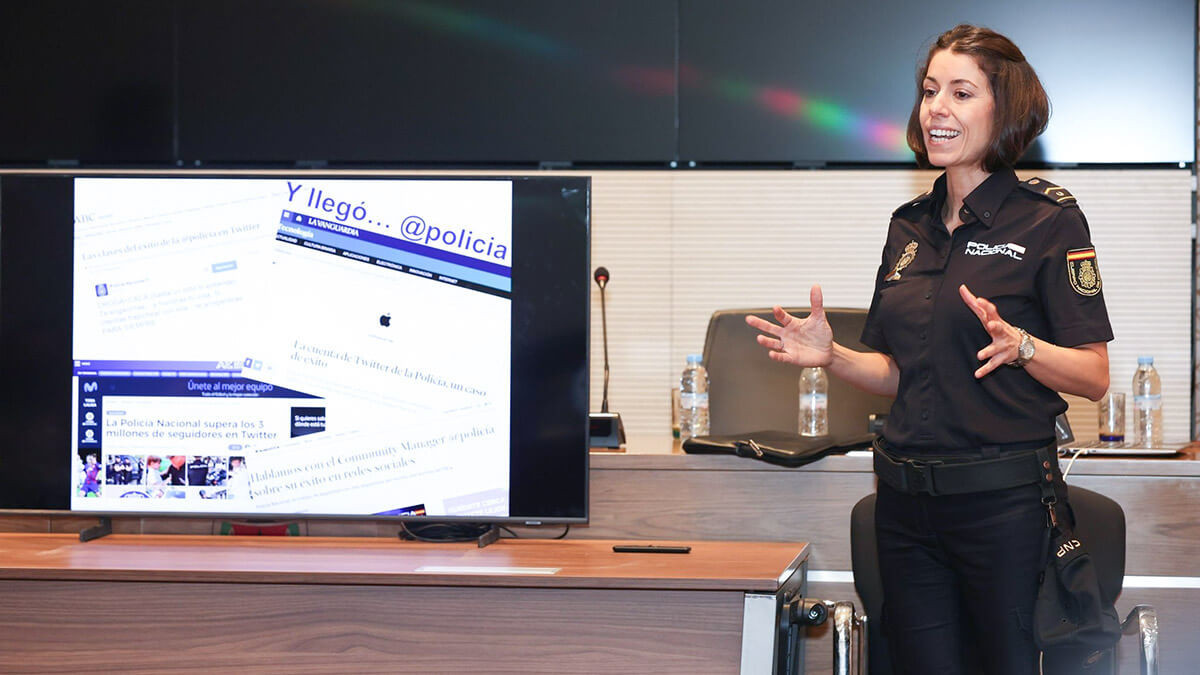
This initiative demonstrates the value of cross-border partnerships to address common security challenges and promote a more secure environment through improved communication strategies. The emphasis on practical and technical skills, such as media crisis management and the use of social media to combat fraud and fake news highlights the importance of effective security communication.
The course programme was aimed at security professionals, security-related organisations and institutions from both countries and security-related policy makers.
- For security professionals: consider participating in similar courses or workshops to improve skills and knowledge in security communication.
- For organisations: encourage international cooperation and knowledge sharing to address common security challenges and promote a more secure environment.
- For policymakers: recognises the importance of effective communication in security contexts and supports initiatives that promote international cooperation and capacity building in this field.
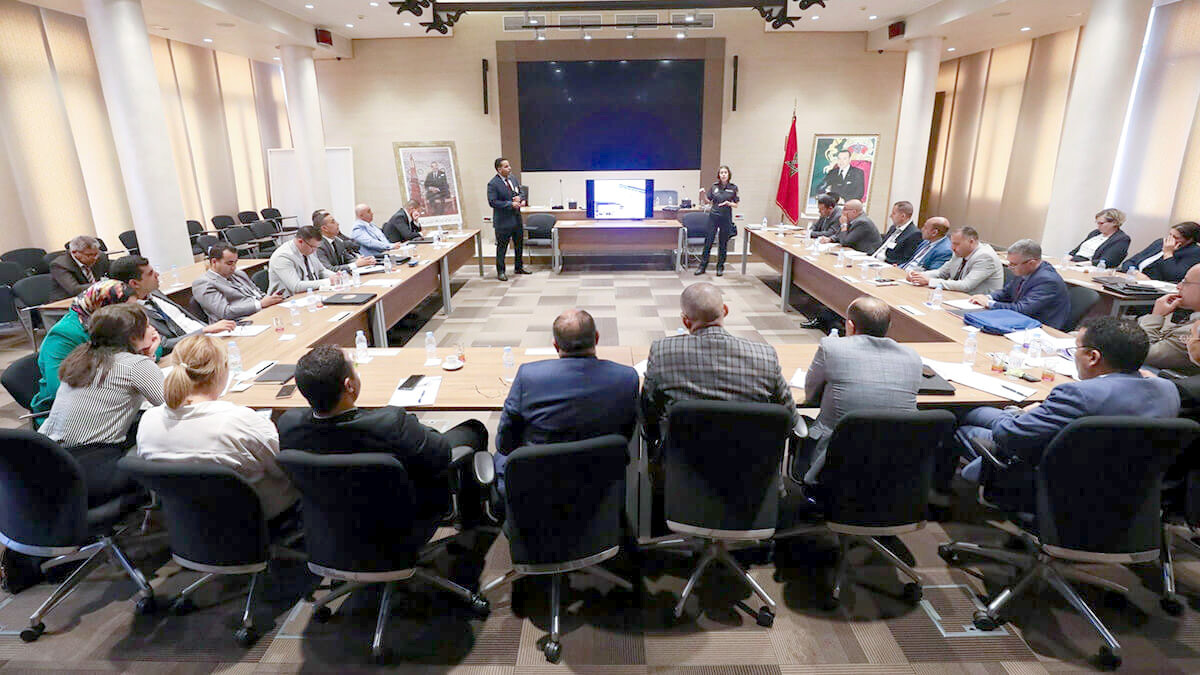
These formations are a true reflection of the fact that relations between the Spanish and Moroccan security forces are at their best. Diplomacy and agreements have forged a relationship that, thanks to the geopolitical position of both countries, is increasingly acquiring added value.
The intensification of conflicts around the world is, in part, the reason why these types of partnerships between security forces are receiving more and more investment and training, as terrorism is becoming more advanced and the proliferation of internet use around the world is making cyber-attacks more common than conventional wars.

